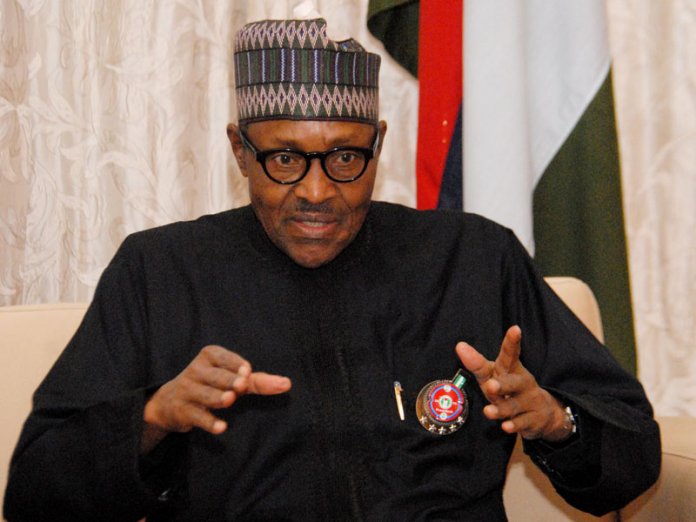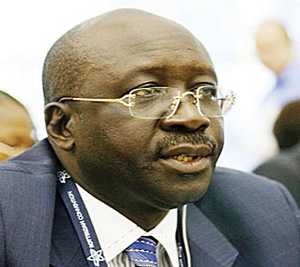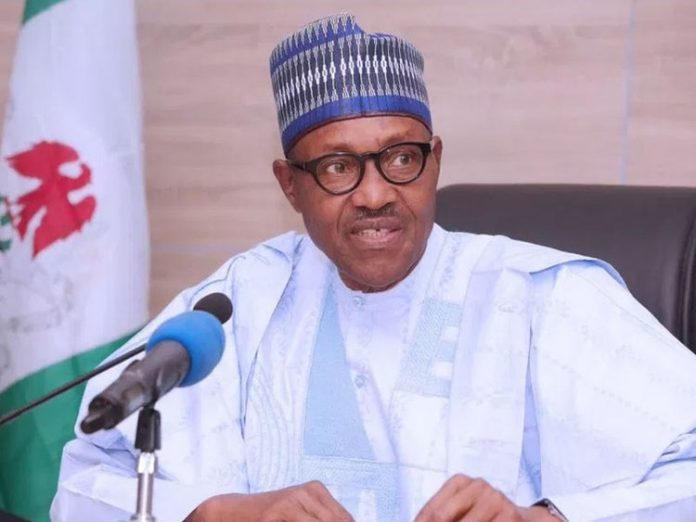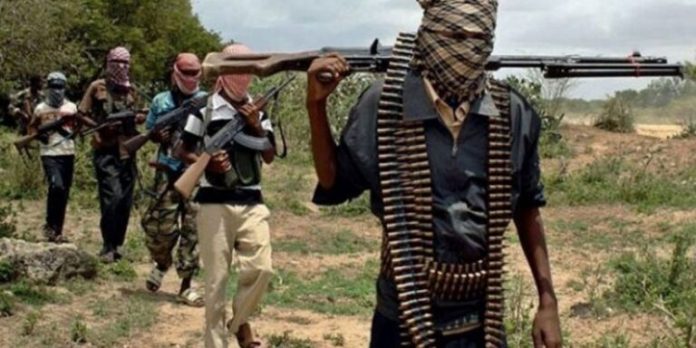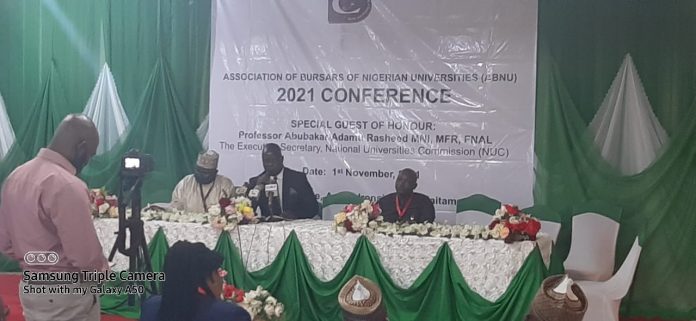In an apparent effort to limit medical tourism, the presidency has laid the foundation for the State House Clinic’s Presidential wing.
When completed, the clinic is anticipated to serve only the President, Vice President, and other high government officials.
Professor Ibrahim Gambari, Chief of Staff to President Muhammadu Buhari, laid the foundation at a brief ceremony attended by government officials on Monday in Abuja.
According to Gambari, once completed, the structure will offer the President of Nigeria, his Vice, and other government officials with the necessary Medicare.
The statement reads :”It is a humble beginning but what we are doing today will outlive the current administration and would serve many generations yet unborn.
”We know how important health is to the life of every individual and government will continue to do its best to deliver healthcare to the people.”
He however , urged the construction company handling the project to commence work immediately and also work hard to complete the project within the time frame allocated.
Earlier, the Permanent Secretary in charge of State House, Tijjani Umar, said the ground-breaking ceremony was very important.
“In line with the approved timeline for the construction of the presidential wing of the State House Clinic, 1st November, 2021 was set aside and approved as the ground-breaking day. In other words, we will do the foundation laying ceremony and from here move forward with the full construction activity,” he said.
Also speaking, Special Adviser to the President on Media and Publicity, Femi Adesina said it was a historical day for the health sector in Nigeria.
“We give glory to God for a day like this, not the words said here today will be remembered but the action because in months, years and many decades to come, this facility will serve a lot of people including sitting Presidents of Nigeria, visiting Presidents and senior members of the State House.
Everybody that will come to use this facility will find succour. It is to the glory of God and for the good of man,” Adesina stated.
The project has already been captured in the 2022 budget and it is expected to give medical attention to the 1st family and other dignitaries when completed.
The VIP wing would also go a long way in addressing the issue of medical tourism, providing treatment at home instead of abroad.

